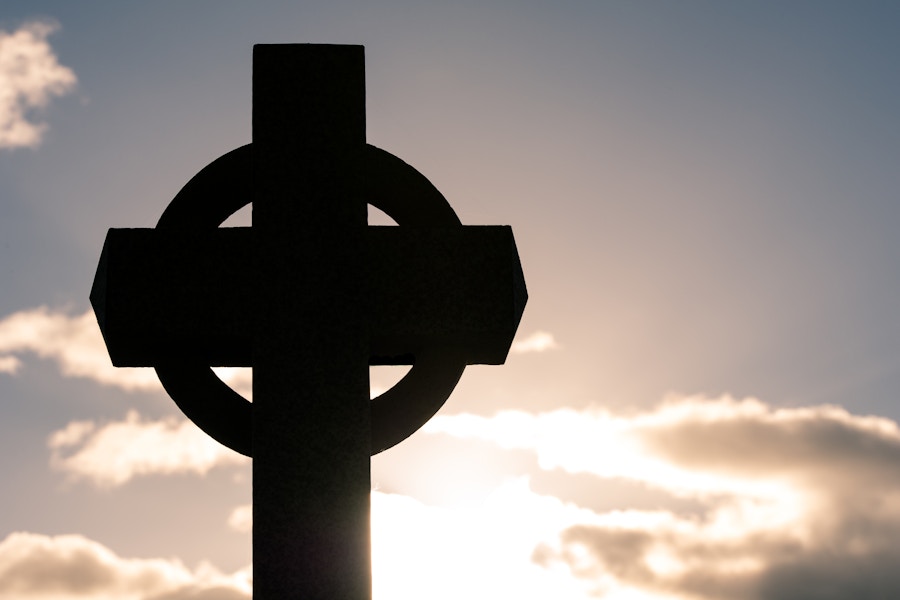UTTER IGNORANCE! That is the kindest description of the disciples’ understanding of the Kingdom of God. In the opening verses of the book of Acts they are once again demanding to know when they can get their hands on the Kingdom in order to exercise some power. Jesus informs them once again that the Kingdom belongs to God; the Kingdom is His business not theirs. What they had failed to see is that spiritual power is not dependent upon positions of status and authority. The Kingdom is God’s, power can be theirs: “and you shall receive power when the Holy Spirit has come upon you.” (Acts 1:8)
The power does not reside in positions but in the Spirit. How hard it is for us to believe! How easily we surrender to this world’s system! We just know that before we can exercise power we have to be on the right committee, or be the pastor, or have the right degree. We must have a kingdom somehow. We cannot imagine that God could empower us without a position of authority. We say; “Give him a Ph. D., give him a professorship, and then he will be able to teach.” Hogwash! “Give me a position so I may exercise power,” we demand. “You shall receive power without a position,” Jesus replies.
The categories of status and position have no place in the Christian economy. Jesus has obliterated them. But how easily we capitulate. “His hair is too long.” “Ugg, what old-fashioned clothes!” “He just isn’t accustomed to Quaker ways!” And once again we have defined rank and status.
We seek position so that we can lord it over others and glorify ourselves. If we could just be the right-hand man in the kingdom! The Kingdom is God’s. The glory is God’s. If the kingdom were ours, it is certain who would get the glory.
Muretus was a wandering scholar of the Middle Ages. He took ill in an Italian town and was taken to a hospital for waifs and strays. The doctors discussed his case in Latin, never dreaming that he could understand. They decided that since he was a common peasant they could use him for medical experiments. Muretus responded in crisp Latin: “Call no man ‘common’ for whom Christ died.” The categories of “commoner” and “elite” are demolished by Christ. This does not mean that we do not have different functions. We have different gifts. We have different talents. We have different levels of understanding. But these are never on the basis of status or position.
For many of us the problem is that we simply do not believe Jesus when he tells us that in the Kingdom greatness is found in servanthood. We may feel that the idea of being a servant is all right so long as we can do it on our own terms and provided that it is generally known that we are not really servants but merely assuming the role. But Jesus calls us to a social revolution. We are to exercise the power of the Holy Spirit without claiming positions of status and rank. We exhibit power as the servant people of God. We have power without a kingdom! In our day and age may God teach us under the power of the Holy Spirit how we are to wash one another’s feet.
Originally published as “Power without a Kingdom” in Quaker Life, January 1972.


